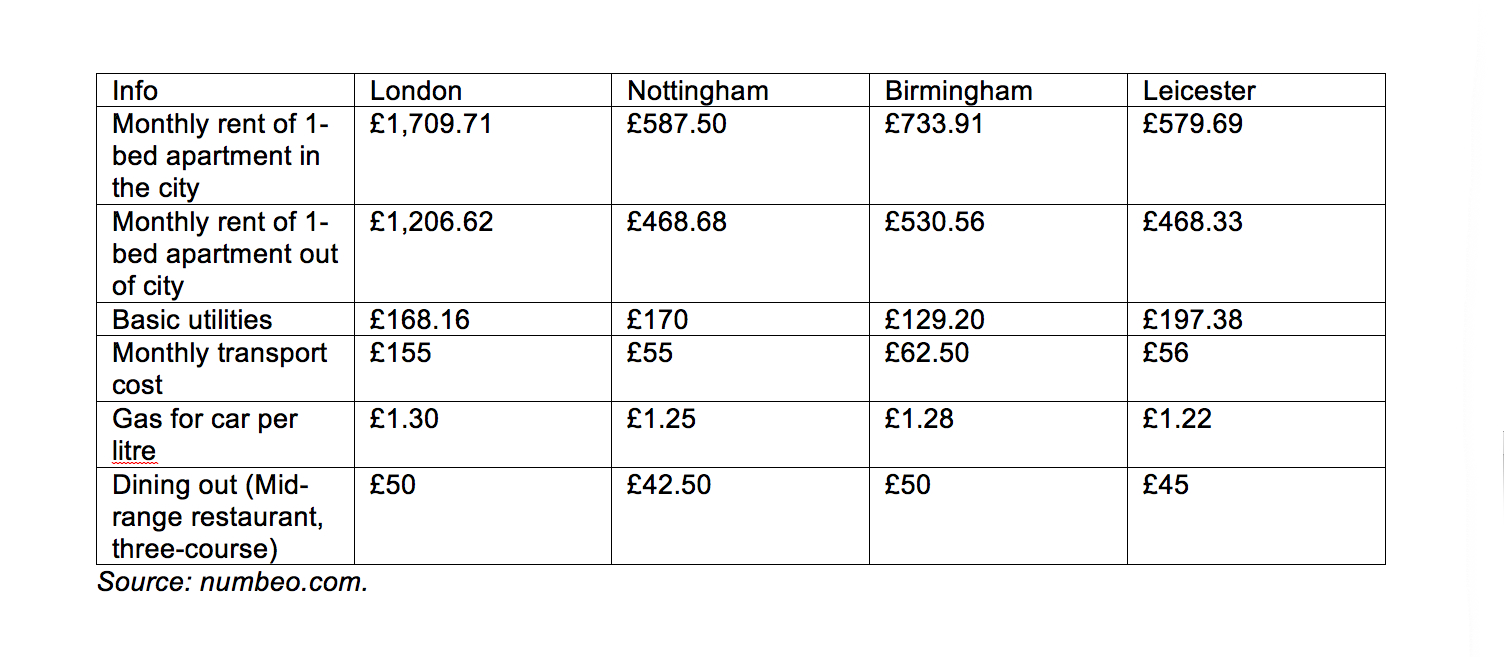It has been proven that there is a strong link between employee engagement and productivity. Employers must prioritise certain approaches to office life that can help motivate employees and make them feel valued within the company. There are a variety of ways you can look after your team, from a change in management style to office perks/ incentives, here, we explore some suggestions that could boost morale in your office
Encourage an open idea space
Encourage your consultants, from junior to senior, to be open and expressive about business ideas. By adopting and encouraging the use of an open idea space, it outlines room for a diverse range of opinions, ideas and perspectives to flow.
By building regular brainstorm sessions in to the weekly or monthly office rhythm you’ll create a culture of open engagement that will allow your team and their ideas to feel valued. The more regular and encouraging the sessions, the more likely those who may be hesitant to contribute will build their confidence, unlocking their potential.
A culture of open engagement depends on employees feeling that they can speak and be heard, therefore actively test out these ideas and see what works or what could be improved upon.
Recognise your staff’s successes
Recent research has found that 72% of engaged employees believe that recognition for good work impacts their motivation. Simple acknowledgments have massive impacts on an individual’s attitude, it is important as an employer that you know how to encourage your staff to improve company performance.
Recognise staff for their work, give them the right tools to do their job, encourage personal development and ensure that your employees understand what is expected of them at work.
Rewards for a job well done can be as simple as calling out examples of great work or as extravagant as incentive practices like cash incentives, or experiences. Feedback should be offered when an individual improves in an area they previously had difficulty with, encouraging them to learn from constructive feedback.
It can also help highlight the types of skills that are appreciated, and behaviour that should be replicated. While recognising your staff’s successes often starts at management level, it should be encouraged amongst the whole team to share positive feedback with each other.
Offer company perks
It is reported that more than a third of employees admit that company benefits are amongst their top considerations before taking a job. Attitudes to work-life balance are beginning to influence employees’ perceptions and eagerness to work.
By offering social perks like pub Fridays and free lunches, you create a more social atmosphere in the office that encourages communication between team members and demonstrates a consideration for company wellbeing.
Office perks don’t need to be big lavish expensive occasions, simply offering flexible working hours can make a big difference. Whether its late starts, early finishes, working from home or hot-desking, allowing your employees to find a rhythm that works best for them will encourage motivation and productivity.
Invest in their training
Investing in your team’s training benefits both the employee and the company. Offering employee development programmes as part of your perks and benefit schemes is a good way to attract candidates to your organisation, rather than your competitors.
When a company invests in training and development, employees feel valued and appreciated. This makes them more loyal, making them more likely to refer skilled friends and colleagues to the company and be more engaged and motivated in their work.
By taking this step to invest in your employees, they will invest in you, in making efforts to grow and develop within the company.
Create opportunities for new experiences
Pay attention and accommodate when an employee shows an interest in different aspects of the business. This will offer employees a rounded perception of how the company is run, benefiting them in the long term as they rise up to more senior positions. By exposing employees to different opportunities, you will help build their confidence in their own role, becoming more adept to what the business offers its clients.
Create a comfortable environment
Making small changes to an office’s environment can strongly influence your team’s motivation and energy levels. Working in clean, attractive offices can have tremendous effects on co-worker relationships and productivity. Ensure office furniture is comfortable and supportive, preventing long term injuries like back pain/ bad posture.
Lighting also plays a vital role in workers’ performance and attitude, exposure to natural light will improve mood and energy, greatly impacting focus and productivity. If it’s not possible to incorporate natural light through windows, consider alternative options like blue-enriched light bulbs that can reduce fatigue and use warmer toned bulbs to promote calmness and relaxation in break rooms.
The key to a successful business is happy employees. By prioritising their needs, ensuring that they feel valued and respected, and encouraging their development you will naturally find your employees more engaged and motivated in their work. Look after your staff and they will look after you.








